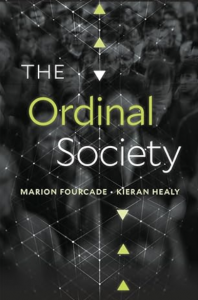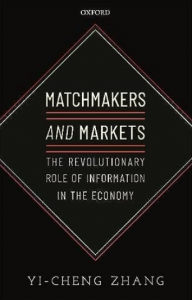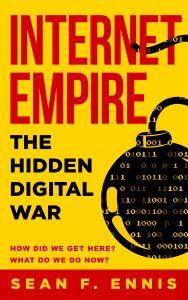I’m at the tail end of finalising the draft of my next book, with an end-June deadline, so my reading recently has mainly been fiction, to rest the brain. I enjoyed the international Booker winner Kairos by Jenny Erpenbeck, and Annie Ernaux’s The Years, but not so much The Wren, The Wren by Anne Enright, whose characters just didn’t interest me. Aleksandar Hemon’s The World and all it Holds is magnificent. Noreen Masud’s A Flat Place is an amazing memoir.
Anyway, my new book will be called The Measure of Progress: How Do We Count What Matters? and will be out from Princeton in 2025.
Meanwhile, I have taken advantage of a rare sunny day to sit in the garden at the weekend and read Daniel Cohen’s final book, Homo Numericus: The Coming Civilization. I first met Daniel, who died in 2023, when I was in graduate school and he was down the road visiting MIT. He was brilliant, boundlessly enthusiastic, energetic, and warm. A co-founder of the Paris School of Economics, he wrote many successful popular economics books.
Homo Numericus is a broad reflection on the impact of the digital revolution on human society and life – so right up my street. It’s broadly pessimistic about what has happened so far – the inequality, surveillance, digital addiction, a familiar set of issues. The book then discusses what these imply for human behaviour and societal outcomes. For example, how does digital surveillance sit with increased individualism and individual choice?
It does end with a short conclusion that tries to sound an optimistic note about the potential for a less hierarchical, more co-operative society. I’m not sure it’s persuasively optimistic – the tone of the book is more that the contradictions of digital capitalism will not end well. As he writes, “Will modern societies be able to stop before they reach the abyss? As Georges Bataille said in his book The Accursed Share, societies always tend to go all the way to the end of their possibilities.”
Anyway, as in all his books, the range of Daniel’s thought and ideas is impressive and stimulating. It’s a shame the translation is so poor; I read the book in French first and the elegance of the writing is not well served by a very literal translation that sometimes sounds like AI had a role: “The porridge has an amusing taste.” Surely, “The porridge tastes funny”? But don’t let it put you off if you’re after a stylish, brief overview of the digital society and its human consequences.





